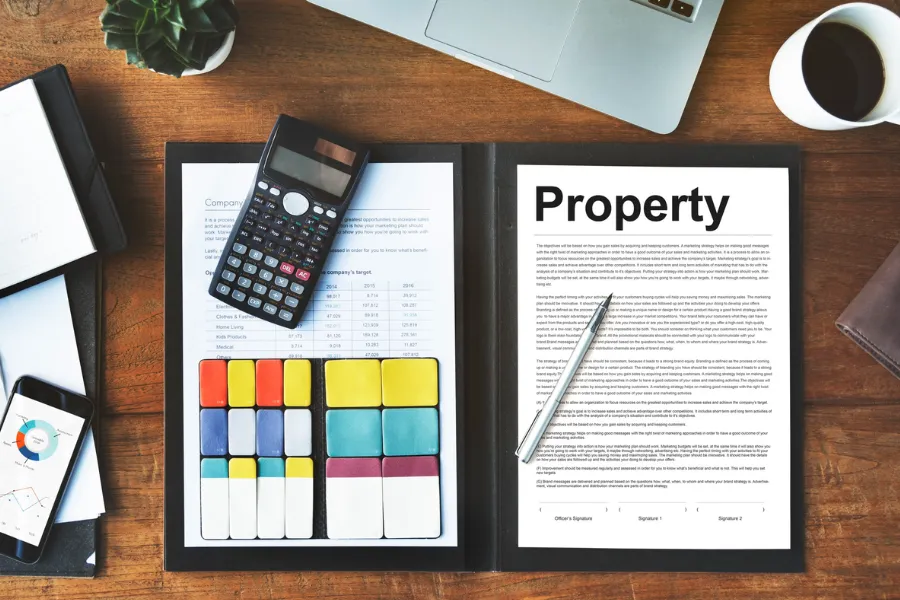It’s possible to get a bank/financial institution to finance (part of) your real estate investment, but the process is different from financing your primary residence. A few important factors to consider when you are looking for financing for your real estate investment are:
- Government agencies like the Federal Housing Agencies (FHA) don’t insure investment mortgages, so the bank/financial institution that is offering you financing for your investment property will be taking on most of the risk. So the requirements might be a bit more stringent.
- An investment property financing request may be evaluated based on two different sets of merit – the applicant’s and the property’s. The bank would want to ensure that the investment property can generate enough rental income to cover all (ideally) or most of the monthly mortgage, property tax, and common expenses (if the property is an apartment). The bank will also have stringent financial requirements for the applicant, including a good credit score and adequate reserves to cover the mortgage and other expenses when the property is vacant.
- The down payment requirements are also stricter. You may be required to put down 25% to 30%of the property’s value and get financing for the rest.
- You may be able to secure financing for a co-op investment property, but it’s not advisable. Even if the co-op has flexible rules regarding subletting right now, it may change in the future, and the co-op may revert to stringent subletting laws that only allow you to rent out your apartment for a limited time.
- The interest rate for an investment property is usually higherthan the rate (anywhere from 0.5% to 1% higher) you will get for a primary residence.
- In most cases, it may be difficult for you to secure a fixed-rate mortgage for an investment property, and you will have to contend with an Adjustable Rate Mortgage (ARM), which may significantly impact your rental income and your ability to cover your mortgage with rental income alone, once the rates go up.
- The banks/lenders will consider you a good candidate if you are only financing one property (investment or primary residence) at once. You may get financing for your investment property even if you also have a mortgage on your primary residence (assuming your finances are strong enough), but getting a mortgage for two investment properties at once may be extremely difficult.
Is It Possible To Make A Profit When Financing Your Investment Property?
Yes, if you buy in the ideal environment, which would be the overlap of low-interest rates and high rent. You can move the needle in your favor even more by going for a larger down payment (ideally 50% or more). If you buy a one-million-dollar investment property that offers a generous cap rate of 4.2% (in most of NYC that’s a great cap rate), your monthly rental income would be about $3,500. If your collective monthly expense, including mortgage, property tax, insurance, and common charges, fall below that number, you will be profitable.
However, that might only be possible if you manage to secure a loan at an incredibly low rate (well below 4%) and put down 40% or more. Alternatively, you can find a property that commands a much higher rent and, consequently, has a higher cap rate in order to remain profitable. So yes, it’s possible to make a profit even when you are financing your investment property in NYC, but that requires controlling a number of factors and waiting for the right time to buy.
But even if you are not making a profit from your rental income and instead have to pay out of pocket for the gap that exists between how much your property costs and how much money it generates in the rental income, you can still make a profit if you sell it for a much higher price then you bought it.










